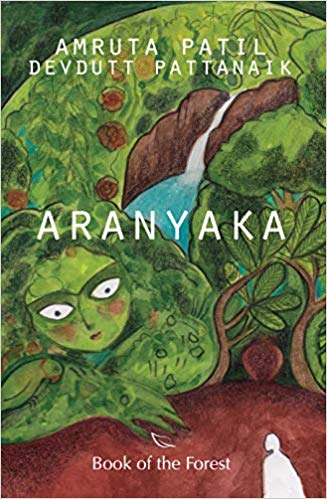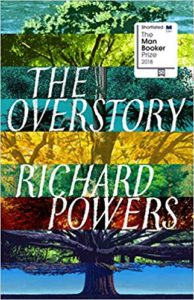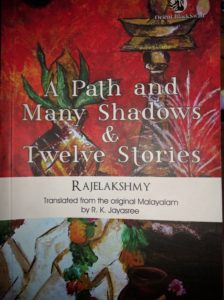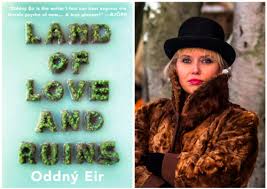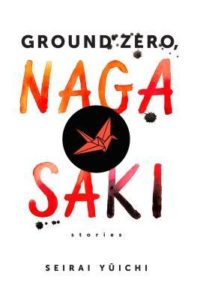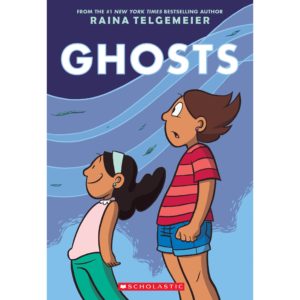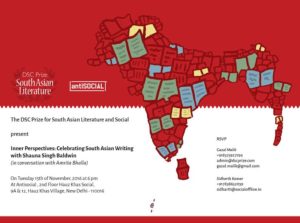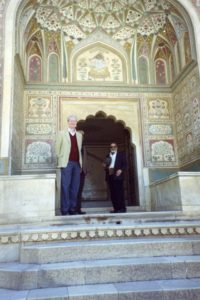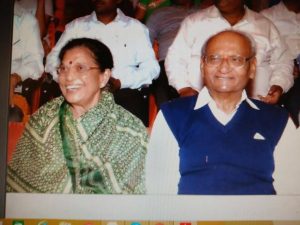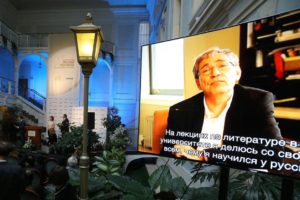“Aranyaka: Book of the Forest” by Amruta Patil and Devdutt Pattanaik
Aranyaka is the first collaboration between mythologist Devdutt Pattanaik and writer-painter Amruta Patil. Amruta is also India’s first female graphic novelist. “Aranyaka” is a modern retelling of the Vedic concepts that are not always easy to communicate. The best medium to do so seemed to be using text and imagery for which the graphic novel is the ideal art form. More importantly it is the creative energy between the authors that has been the prime force in narrating this parable, a love story, a creation myth, yet weaving in the essential elements of learning which the over 3000-year-old Vedas emphasise. The beauty of any scripture is its ability to be retold in any age and in any form without losing its core idea. With “Aranyaka”, the two authors seem to have achieved this magnificently. It is impossible to tell who contributed to which part of the storytelling apart from the obvious ones of Amrut Patil’s artwork and Devdutt Pattanaik’s corporate speak — at times the latter makes its presence felt in the dialogue. Nevertheless there is a seamless unified quality to the story which gets straight to the point — of immersing the reader immediately and effectively into the story about the forest. It is not imperative to have read the original Vedas in order to appreciate this modern version. It reads smoothly. Not once does the collaboration seem clunky! This magical jodi of Devdutt Pattanaik and Amruta Patil is perhaps the ideal desi version of Neil Gaiman and late Terry Pratchett who are equally phenomenal in retelling the scriptures.
Read Aranyaka!
29 October 2019
